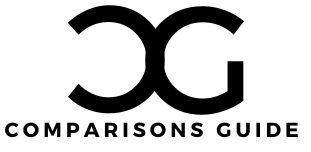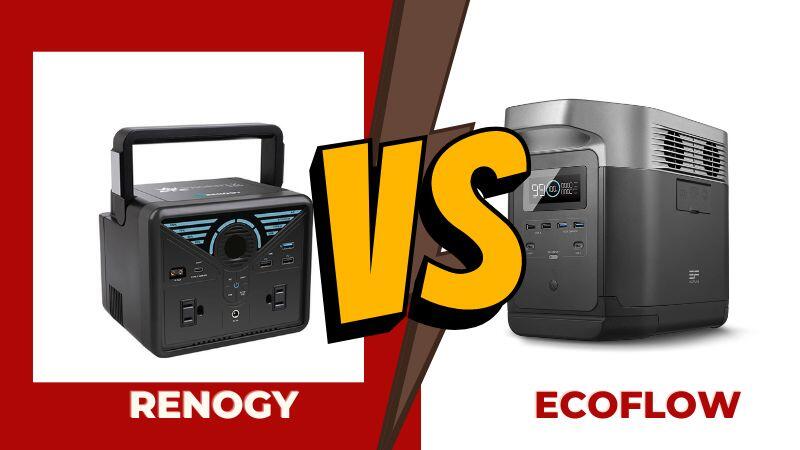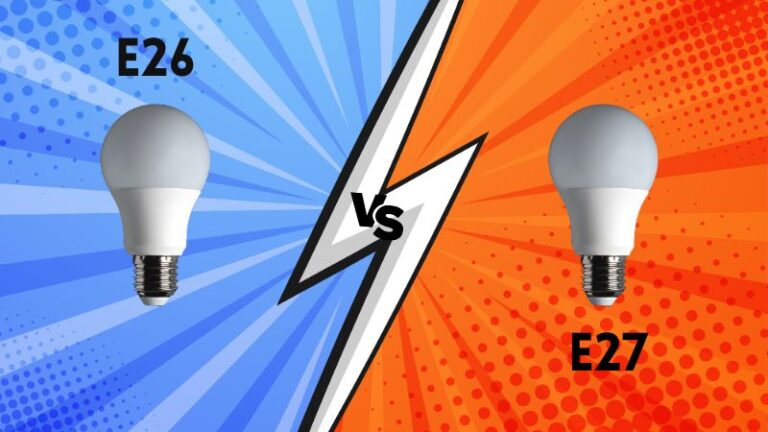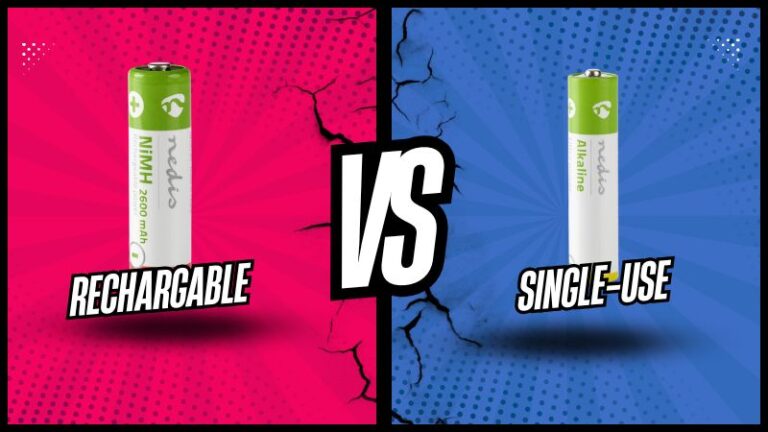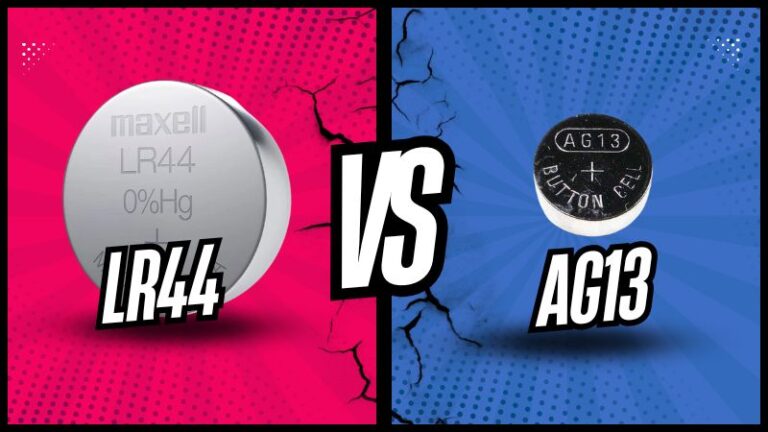Renogy and EcoFlow are two of the leading brands in the portable power station market, offering high-quality products that are designed to meet the needs of consumers who need a reliable and portable power source. With the increasing popularity of outdoor activities such as camping, hiking, and RVing, the demand for portable power stations has also grown significantly. Portable power stations offer a convenient and eco-friendly way to power devices and appliances when users are off the grid, without the need for noisy and polluting gas generators.
Renogy is a California-based company that specializes in solar panels and portable power solutions. Renogy’s products are designed to be rugged, reliable, and easy to use, making them a popular choice among outdoor enthusiasts and adventurers. EcoFlow, on the other hand, is a relatively new player in the portable power station market, but has quickly gained popularity for its affordable and versatile products. EcoFlow’s products are designed to be sleek, compact, and user-friendly, making them a popular choice among consumers who are looking for a portable power source that is easy to carry and use.
In this article, we will compare Renogy and EcoFlow’s portable power stations in terms of their features, capabilities, and performance. We will also discuss factors such as capacity, weight and portability, charging time, and warranty, to help users make an informed decision when choosing a portable power station. Whether you’re an outdoor enthusiast, a camper, a hiker, or simply someone who needs a reliable and portable power source, this article will provide valuable insights and information to help you choose the best portable power station for your needs.
Renogy
Renogy is a company that specializes in the production of solar panels, solar kits, and portable power stations. The company was founded in 2010 and has since become a well-known brand in the renewable energy industry. Renogy’s products are designed to be easy to use and portable, making them perfect for outdoor enthusiasts, RVers, and emergency preparedness.
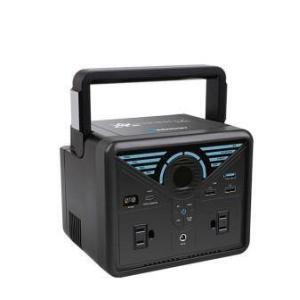
Features
Renogy’s portable power stations come in different sizes and capacities, ranging from the small 150Wh Phoenix to the larger 2000Wh Lycan. The power stations are equipped with multiple charging ports, including AC, DC, and USB, and can be recharged using solar panels or wall outlets.
Advantages
One of the advantages of Renogy’s portable power stations is their compatibility with solar panels. The power stations can be charged using Renogy’s own solar panels, or any other brand of solar panel that meets the required specifications. This makes Renogy’s portable power stations ideal for outdoor enthusiasts who need a reliable power source in remote areas.
Another advantage of Renogy’s portable power stations is their ruggedness. The power stations are designed to withstand harsh outdoor conditions, making them perfect for camping, hiking, and other outdoor activities. They are also equipped with safety features such as overcharge protection and short-circuit protection, which ensure that the power stations do not get damaged during use.
Disadvantages
One of the main disadvantages of Renogy’s portable power stations is their high price. Renogy’s power stations are generally more expensive than similar products from other brands. This may make them less accessible to consumers who are on a tight budget.
EcoFlow
EcoFlow is a company that specializes in the production of portable power stations and solar generators. The company was founded in 2017 and has quickly become a popular brand in the portable power industry. EcoFlow’s products are designed to be lightweight, portable, and easy to use, making them perfect for outdoor activities, emergency preparedness, and everyday use.
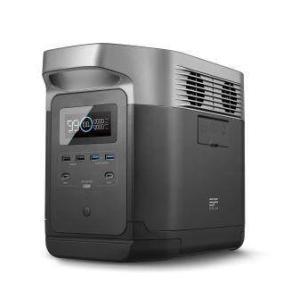
Features
EcoFlow’s portable power stations come in different sizes and capacities, ranging from the small 288Wh River, to the larger 576Wh Delta. The power stations are equipped with multiple charging ports, including AC, DC, and USB, and can be recharged using solar panels or wall outlets.
Advantages
One of the advantages of EcoFlow’s portable power stations is their versatility. The power stations can be used to power a wide range of devices, including laptops, smartphones, and small appliances. They are also compatible with solar panels, making them ideal for outdoor enthusiasts who need a reliable power source in remote areas.
Another advantage of EcoFlow’s portable power stations is their affordability. EcoFlow’s power stations are generally less expensive than similar products from other brands. This makes them more accessible to consumers who are on a tight budget.
Disadvantages
One of the main disadvantages of EcoFlow’s portable power stations is their build quality. Some consumers have reported issues with the build quality of EcoFlow’s power stations, including loose connections and defective components. This may make the power stations less reliable over time.
Differences Between Renogy and EcoFlow
When it comes to portable power solutions, both Renogy and EcoFlow offer high-quality products that are reliable and easy to use. However, there are some key differences between the two brands.
Capacity
When it comes to capacity, both Renogy and EcoFlow offer portable power stations in different sizes and capacities to suit different needs. Renogy’s largest portable power station, the Lycan, has a capacity of 2000Wh, while EcoFlow’s largest portable power station, the Delta, has a capacity of 1260Wh. However, EcoFlow’s power stations can be chained together for increased capacity, allowing users to combine multiple units to power larger devices.
Weight and Portability
Both Renogy and EcoFlow’s portable power stations are designed to be lightweight and portable, making them easy to carry around. Renogy’s smaller portable power stations, such as the Phoenix, weigh around 4.4 lbs, while EcoFlow’s smaller portable power stations, such as the River, weigh around 11 lbs. However, Renogy’s larger portable power stations, such as the Lycan, can weigh up to 83 lbs, while EcoFlow’s larger portable power stations, such as the Delta, weigh around 31 lbs. So, users should consider the weight and portability of the unit when making a purchasing decision.
Charging Time
Another important factor to consider when comparing Renogy and EcoFlow’s portable power stations is the charging time. Both brands offer portable power stations that can be charged using solar panels or wall outlets. However, the charging time can vary depending on the size of the unit and the charging method used. Renogy’s portable power stations can take anywhere from 4-6 hours to charge using a wall outlet, while EcoFlow’s portable power stations can take 1-2 hours to charge using a wall outlet. Charging times using solar panels can also vary, depending on the size of the solar panel and the amount of sunlight available.
Warranty
Finally, users should consider the warranty offered by Renogy and EcoFlow when making a purchasing decision. Renogy offers a 1-year limited warranty on its portable power stations, while EcoFlow offers a 2-year limited warranty. However, EcoFlow also offers an extended warranty that users can purchase for an additional fee, which covers the unit for up to 3 years. Users should carefully review the warranty terms and conditions to understand what is covered and for how long.
Conclusion
In summary, both Renogy and EcoFlow offer high-quality portable power stations that are designed to meet the needs of consumers who need a reliable and portable power source. While Renogy’s portable power stations are generally more rugged and durable, EcoFlow’s portable power stations are more affordable and versatile. Ultimately, the choice between the two brands will depend on the user’s specific needs, budget, and preferences. By considering factors such as capacity, weight and portability, charging time, and warranty, users can make an informed decision and choose the best portable power station for their needs.
